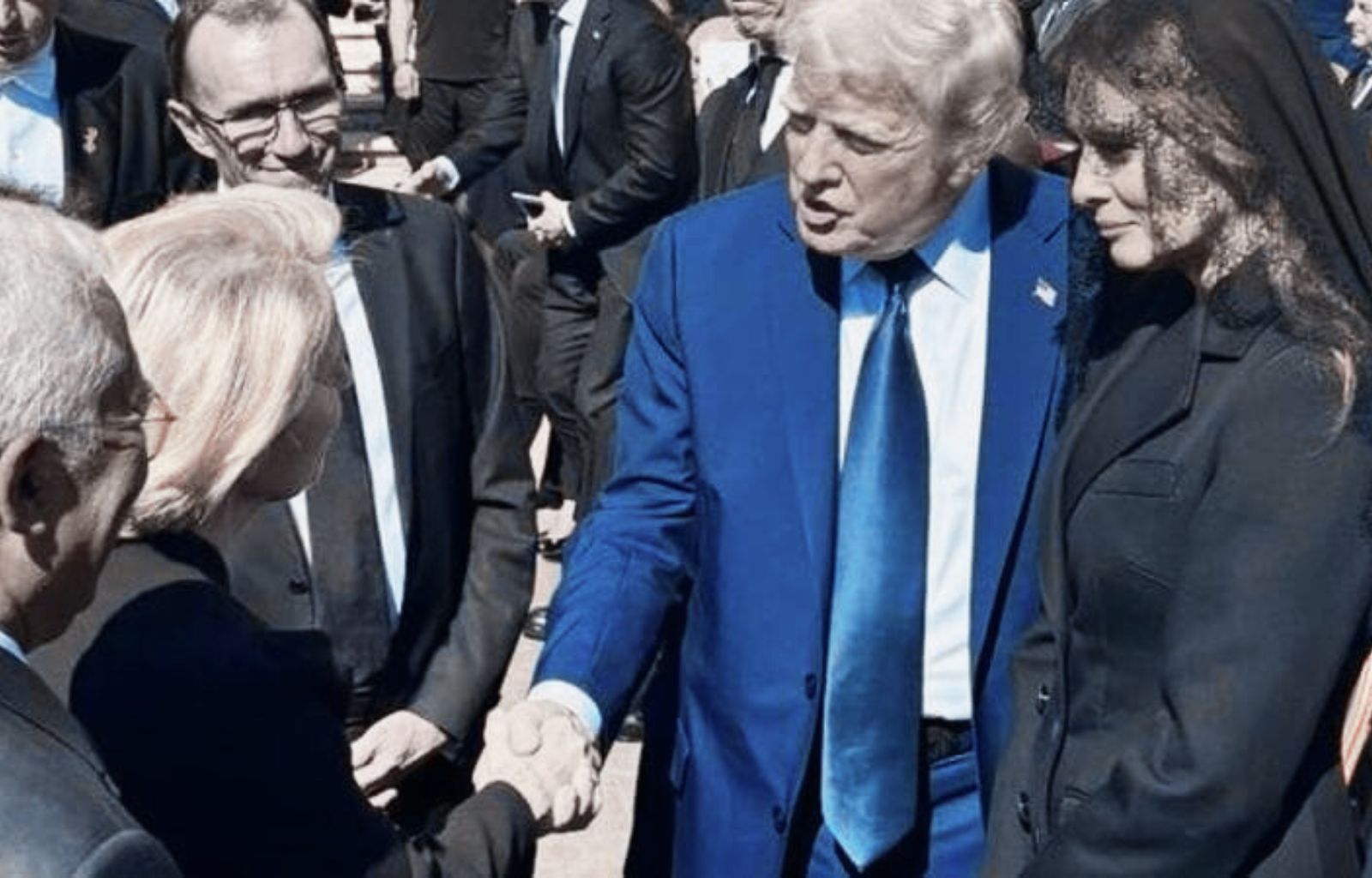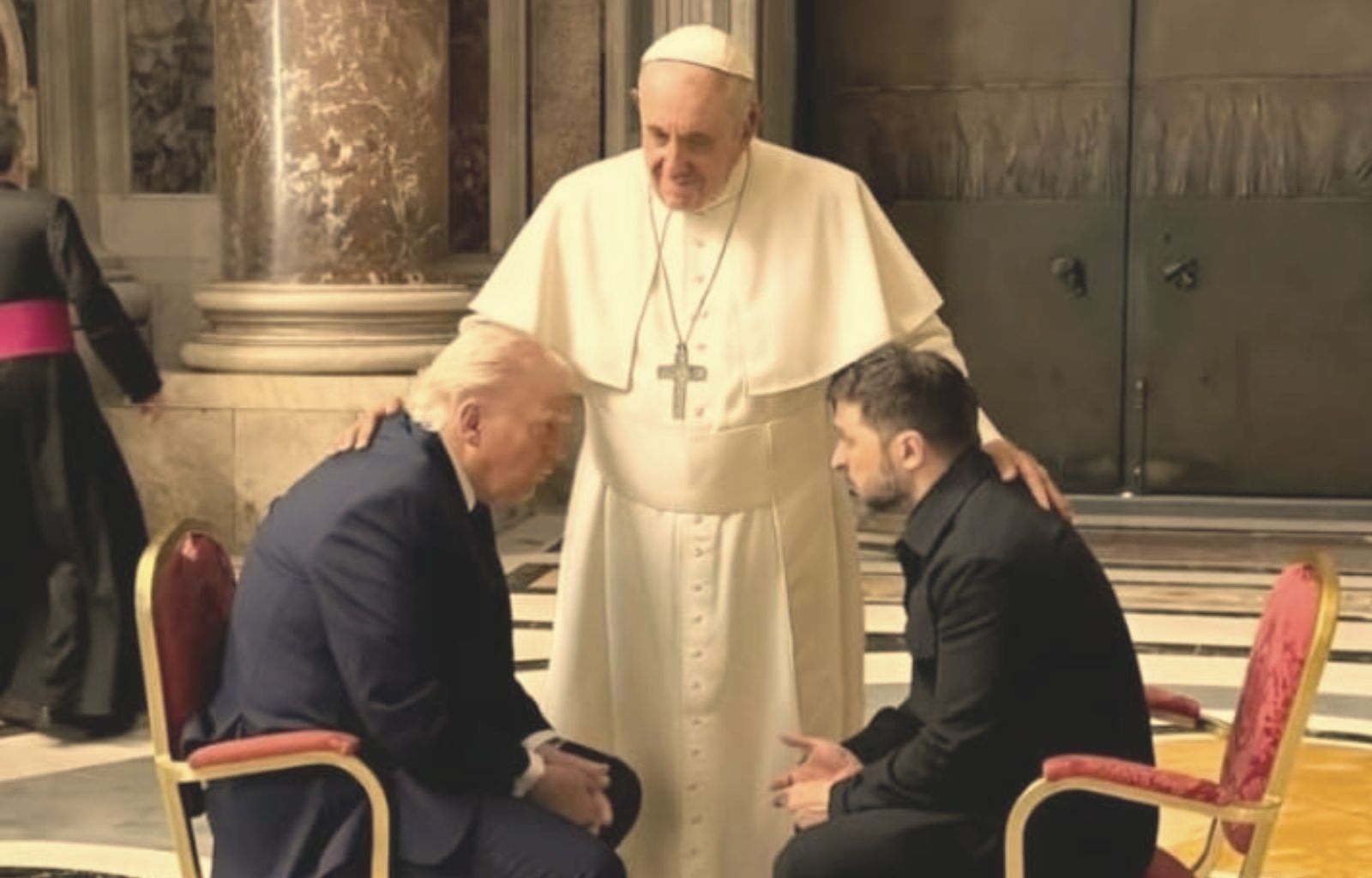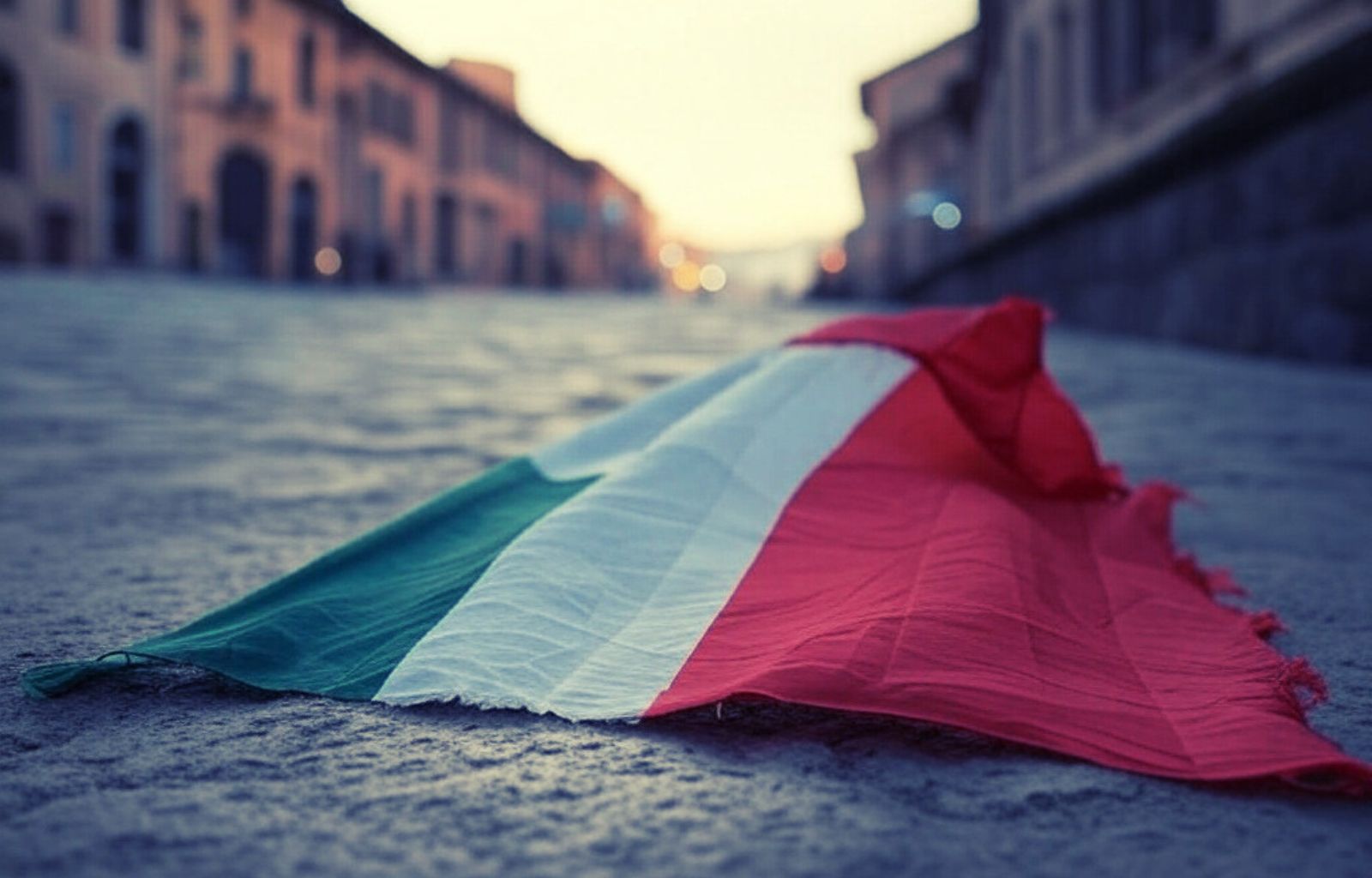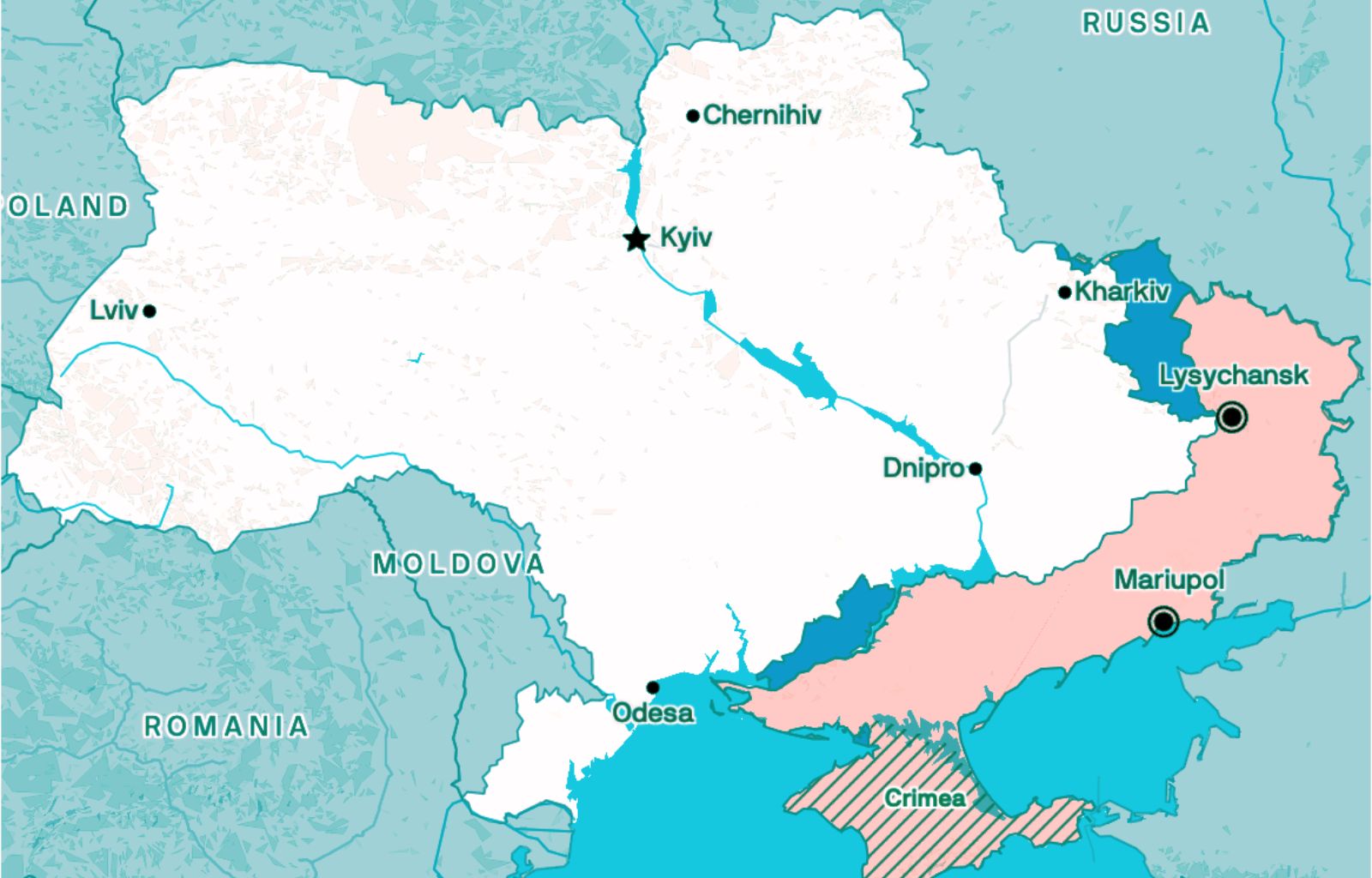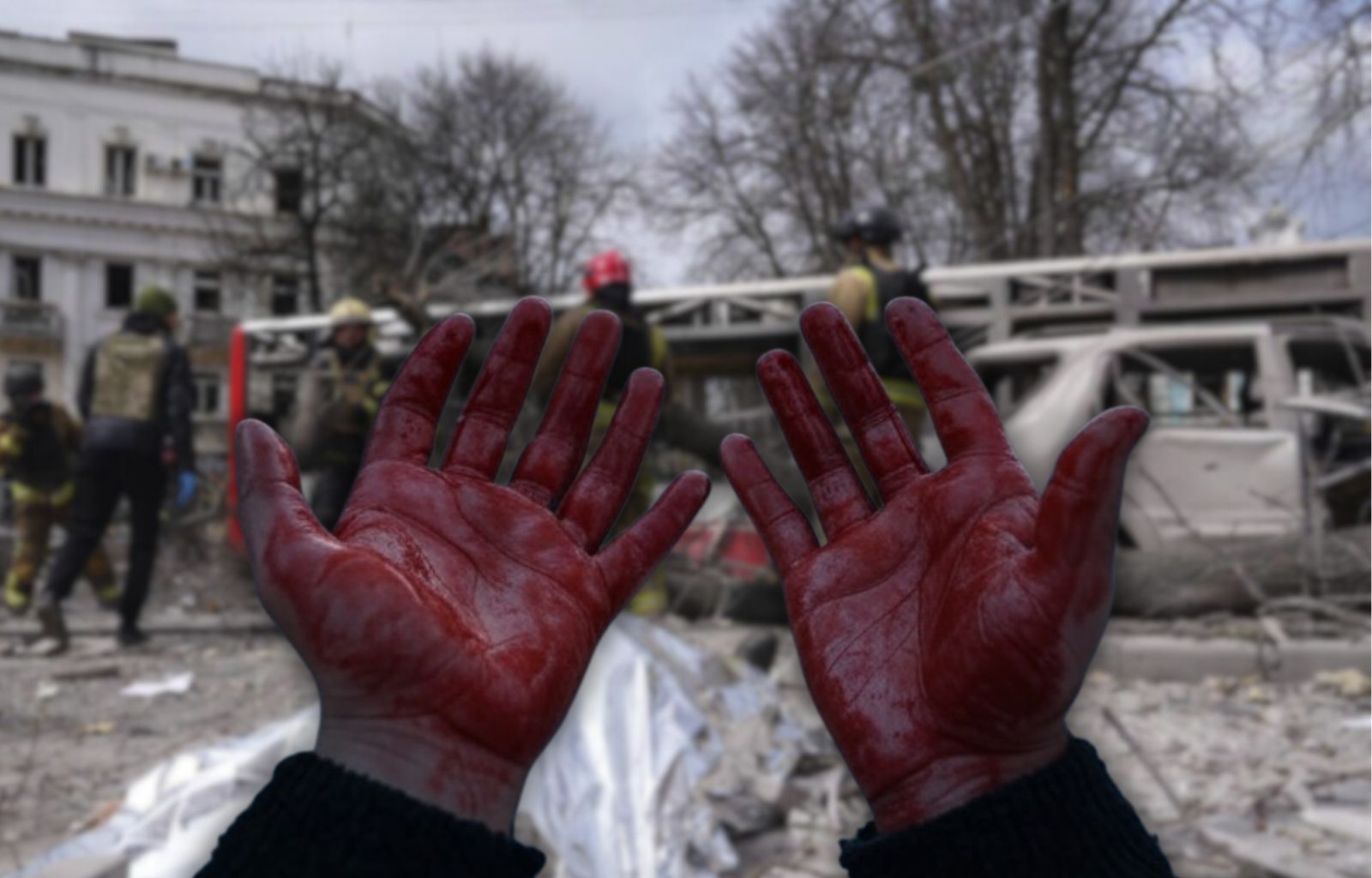Georgia, Italian ambassador pampers pro-Russians: Lombardo’s question to Tajani
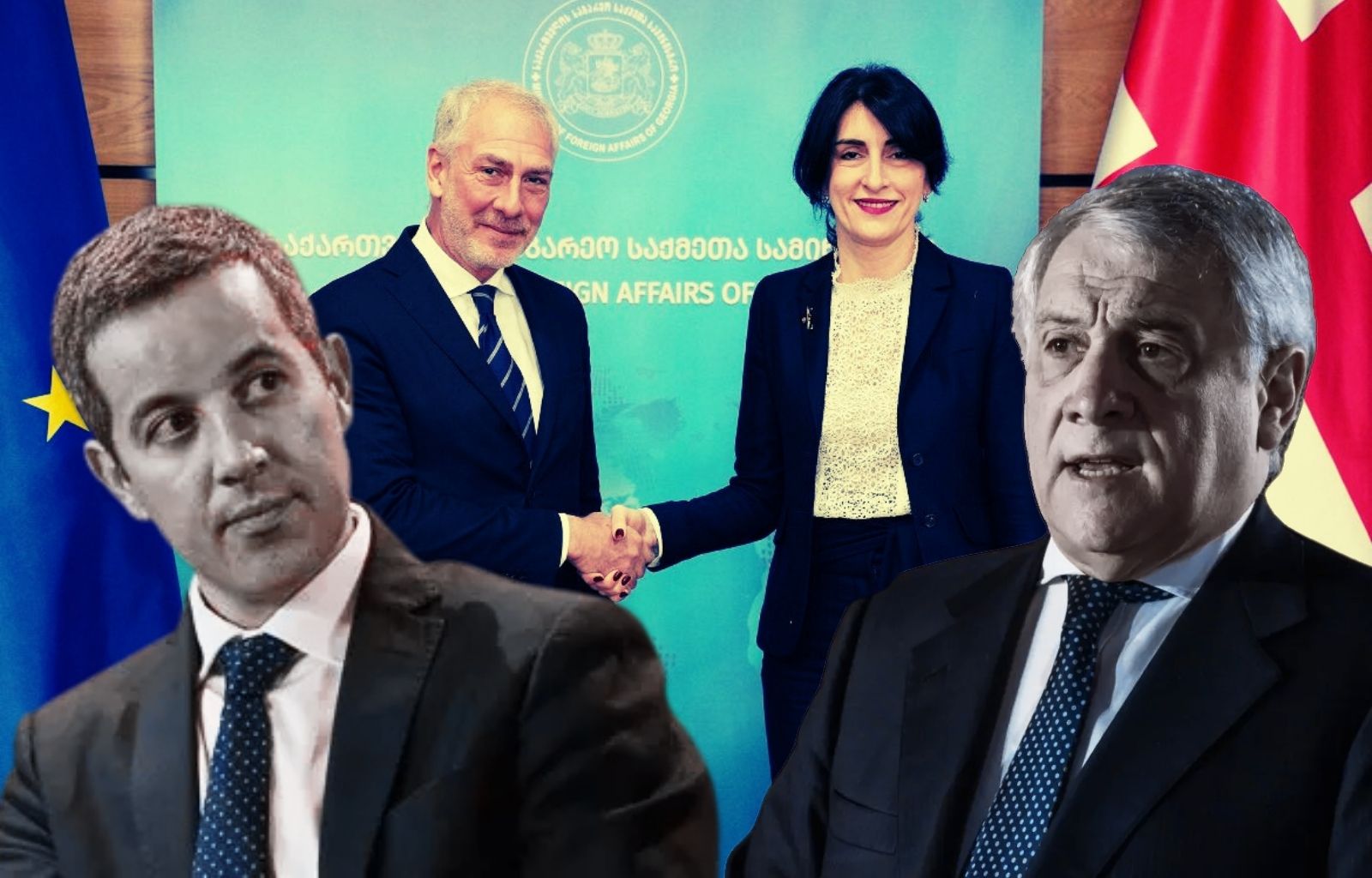
“Is everything normal?” This is the spontaneous question asked by journalist Marco Fattorini ( our guest in a live stream a few weeks ago) when faced with Italy’s attitude towards the dramatic authoritarian drift underway in Georgia. While the pro-Russian regime that illegally leads the country empties the institutions, beats and arrests those who protest, Rome does not take a clear position and our ambassador in Tbilisi, Massimiliano D’Antuono, takes the trouble to meet the Georgian Minister of Foreign Affairs Maka Botchorishvili to “discuss bilateral relations“. This behaviour, in fact, legitimises the Georgian Dream (GD) government, which came to power following irregular elections, denounced by international observers and marked by strong foreign interference.
Meanwhile, the Georgian people have been protesting for months, demanding new elections after the 26 October 2024 consultations were tainted by vote buying, intimidation and breaches of secrecy. The OSCE observers themselves, in their report published on 20 December, pointed the finger at numerous violations that undermined the credibility of the entire electoral process. Added to this is the ‘foreign agents’ law, already approved by the government and exploited to restrict press freedom, block the action of activists and opposition parties and limit independent observation of polling stations.
In recent weeks, international denunciations have been compounded by continuing episodes of violence: hundreds of arbitrary arrests, beatings, the use of Titushki (pro-Russian squads and agitators) to target opponents and, among the most striking cases, the attack on former Prime Minister Giorgi Gakharia (on 16 January), as well as the attacks on journalist Maka Chikhladze and her cameraman Giorgi Shetsiruli, both of whom ended up in hospital with serious injuries. On the political front, several opposition leaders have been imprisoned or intimidated, and the country has effectively halted its path to EU membership. Yet, there is an Italian ambassador who moves around Georgia with the naivety of Alice in Wonderland, almost unaware that last December’s Foreign Affairs Council openly discussed sanctions against Georgia and pointed the finger at the authoritarian drift taking place.
Lombardo’s question to the Senate
An unforgivable faux pas by the ambassador or a precise line drawn by the Farnesina? “Minister Tajani said that Italy’s task is to ‘maintain channels of interlocution, including critical ones, with the new government’ of Georgia,” commented Marco Lombardo, a senator from Azione. “But what image are we giving of Italy to the Georgian people protesting against the irregularities in the October elections? What image are we giving of Italy to the other European countries that took a position on Georgia in the Foreign Affairs Council last December? The political cost of Italy-Georgia bilateralism is the weakening of the common European front and the debasement of the European perspective of the Georgian people’. Lombardo announced a parliamentary question to Foreign Minister and Deputy Prime Minister Antonio Tajani.
Tbilisi at risk of Belarusification
The chronicles, meanwhile, describe a country now almost completely isolated from the West and increasingly oriented towards a pro-Russian policy. With the new law on ‘foreign agents’, Georgian Dream has started to target journalists, NGOs and dissident politicians. In parallel, it is hollowing out institutions: from the parliamentary commission aimed at criminalising pro-Western former governments, to the abolition of the Civil Service Bureau, whose powers are being absorbed by an Anti-Corruption Bureau controlled by the ruling party itself. A path of ‘bielorussification‘ of the country, where every critical voice is silenced with ‘legal’ instruments, only to resort to violence when necessary.
In this context, Ambassador D’Antuono’s meeting with the Georgian minister, moreover with the complacent silence of the Italian government, sounds like a legitimisation of a regime that makes no secret of its pro-Kremlin orientation. The question we ask, and which therefore makes Lombardo’s parliamentary initiative particularly important, is whether this is indeed the position of Antonio Tajani and Giorgia Meloni’s government, or whether it was rather a huge and unforgivable error of judgement on the part of the ambassador.
It is true that diplomacy requires caution and a good face, but not to the detriment of consistency with democratic principles and the common European strategy, i.e. our authority as a country. In the end, in this ambiguity, it is Italy’s credibility that suffers, both before the allies and before the Georgian people who have been in the streets for weeks.
In our opinion, pending Tajani’s reply to Lombardo’s question, there can only be one outcome: the resignation of the Italian ambassador in Tbilisi. This is an act that we would consider inevitable in order to re-establish Italy’s position in the European line and clearly signal our opposition to the authoritarian drift of the Georgian Dream.


